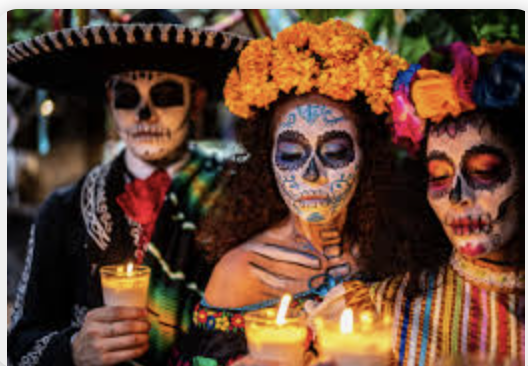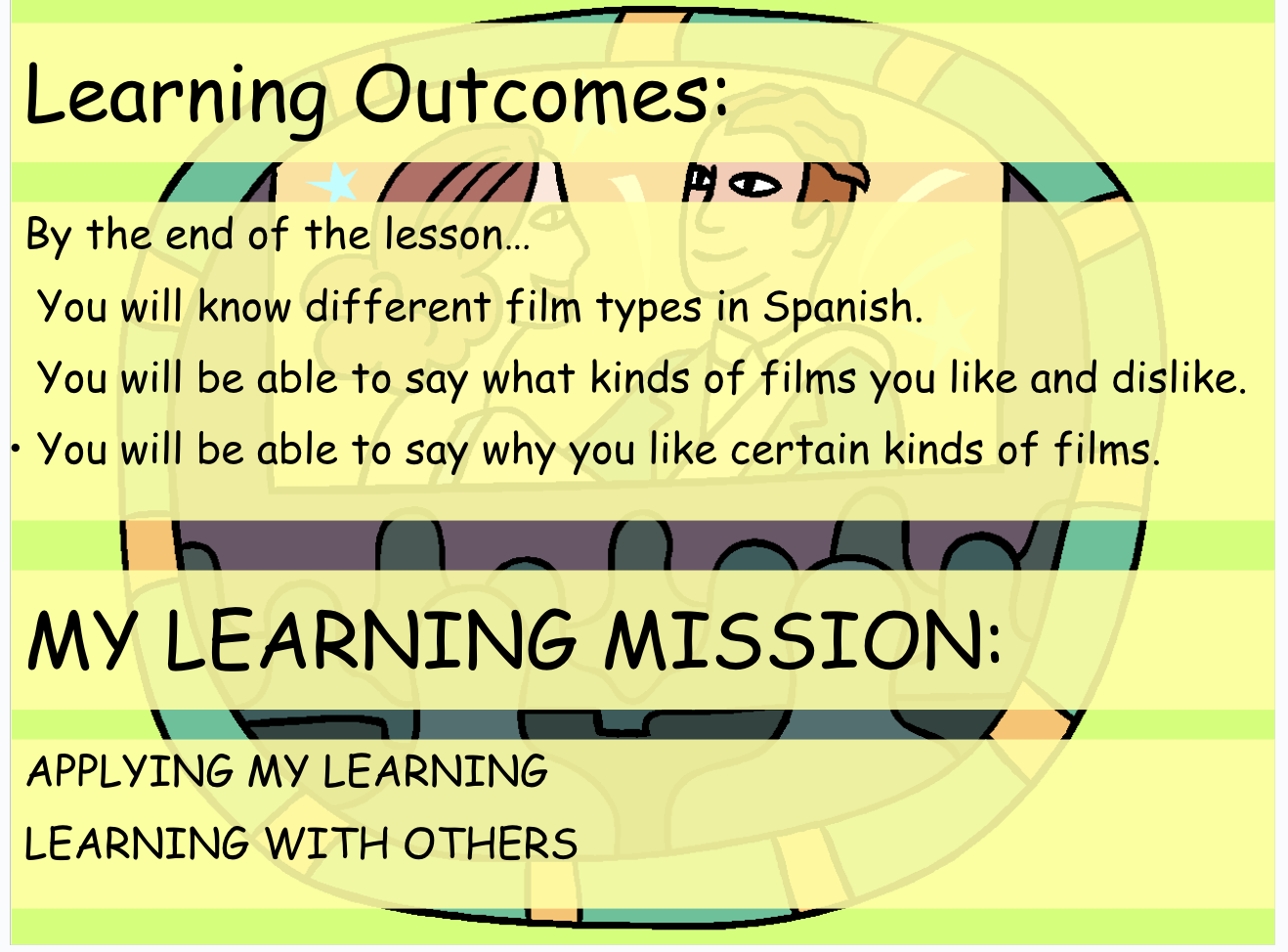9 Spanish 1
Section outline
-
Bienvenidos a la nueva clase 2024! This is going to be an exciting year full of fun, challenges, and lots of good times!

As a Y9SPA class, I have new expectations for you and for our class, to have a successful year in this class, we need to work together.
Please do not hesitate to contact me at mmartin@mhjc.school.nz if you have any questions or concerns about our planned activities or assessments. You chose to continue Spanish as an optional subject. This means your commitment to the language is strong. We are going to learn Spanish twice a week, you will have two assessments per year. All of you have previous Spanish skills, we have the opportunity to work consistently to improve your Spanish knowledge this year.
-
Opened: Thursday, 9 May 2024, 12:00 AMDue: Thursday, 16 May 2024, 12:00 AM
-
Opened: Thursday, 22 August 2024, 12:00 AMDue: Thursday, 22 August 2024, 5:00 PM
-
FOCUS / ARONGA learning intentions:
- We are FOCUSING on evolving the use of familiar expressions and everyday vocabulary.
- We are FOCUSING on reinforcing to interact simply in supported situations.
- We are FOCUSING describe aspects of their own background and immediate environment in Spanish
During the first two weeks we will revise our Spanish communication competence learned from the previous year.
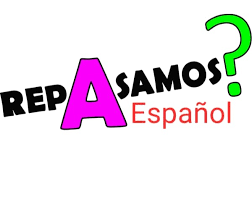
LISTA DE REPASO
- Greetings and common phrases
- Days of the week, months
My birthday (numbers 1-100)
Introducing myself: Me presento
ACTIVIDADES
1. Introduction to the course and a cover for your Spanish book
2. Create your Spanish avatar on Voki
-
FOCUS / ARONGA learning intentions:
- We are FOCUSING on evolving the use of familiar expressions and everyday vocabulary.
- We are FOCUSING on reinforcing to interact simply in supported situations.
- We are FOCUSING describe aspects of their own background and immediate environment in Spanish
This week we will reinforce:
Greetings
Days of the week
Months of the year
In our second class, we will create our Voki
Our culture session "Spanish holidays destinations"
Activities:
1. My Voki (Google Classroom)
2. My holiday destinations (Google Classroom)
-
EXPLORE / TŪHURA learning intentions:
- We are EXPLORING vocabulary building, grammar practice, and cultural exploration by learning about everyday items that accompany us to school.
- We are EXPLORING to enhance our fluency and develop our ability to express ourselves in Spanish with clarity and precision by actively participating in a immediate context communicative tasks,
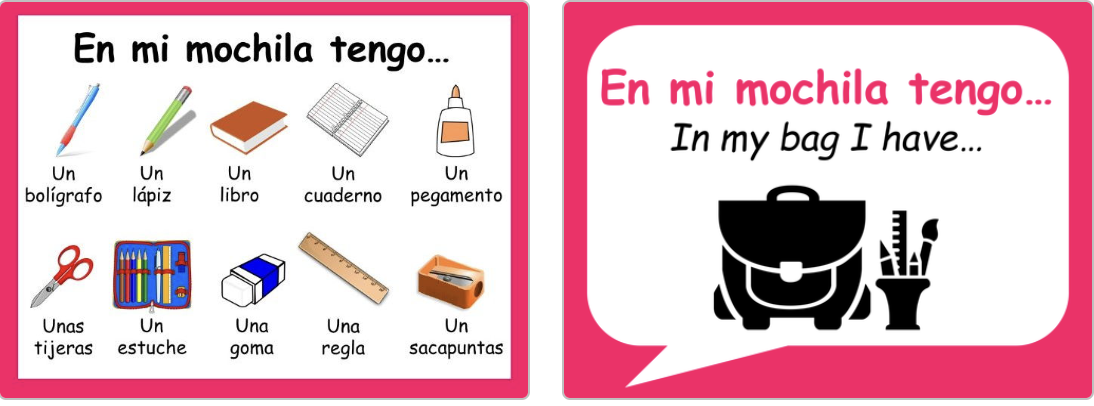 Hola, we are starting our journey into the contents of your school bags. Through vocabulary building, grammar practice, and cultural exploration, you will develop your language skills.
Hola, we are starting our journey into the contents of your school bags. Through vocabulary building, grammar practice, and cultural exploration, you will develop your language skills. We will be practicing the use of possessive adjectives to indicate ownership of items in their school bag. Through guided exercises and interactive activities, students will gain confidence in using possessive adjectives such as mi, tu, su, nuestro, and vuestro correctly in context.
Learning Intentions:- learn and acquire vocabulary related to items commonly found in a school bag.
- practice using possessive adjectives to describe ownership of items in their school bag.
- construct sentences in Spanish to describe the contents of their school bag.
- engage in speaking and listening activities to communicate about the items in their school bag, both individually and in group settings.
- gain insight into the cultural significance of certain items commonly found in school bags in Spanish-speaking countries.
Success Criteria:
- accurately identify and name at least 10 items commonly found in a school bag in Spanish.
- use correct possessive adjectives (mi, tu, su, etc.) to describe the items in their school bag.
- form complete sentences in Spanish describing the contents of their school bag, incorporating adjectives and quantity expressions when appropriate.
- confidently communicate with peers about the contents of their school bag, asking and answering questions effectively.
- demonstrate an understanding of cultural differences in school supplies and organization by comparing and contrasting their school bags with those of Spanish-speaking peers.
Google Classroom -
EXPLORE / TŪHURA learning intentions:
- We are EXPLORING vocabulary related to school life, such as subjects, classes, and extracurricular activities, in Spanish.
- We are EXPLORING to describe their daily routine in Spanish, using appropriate verbs and adjectives to express preferences and opinions.
- We are EXPLORING understanding and responding appropriately to common classroom instructions and commands in Spanish.
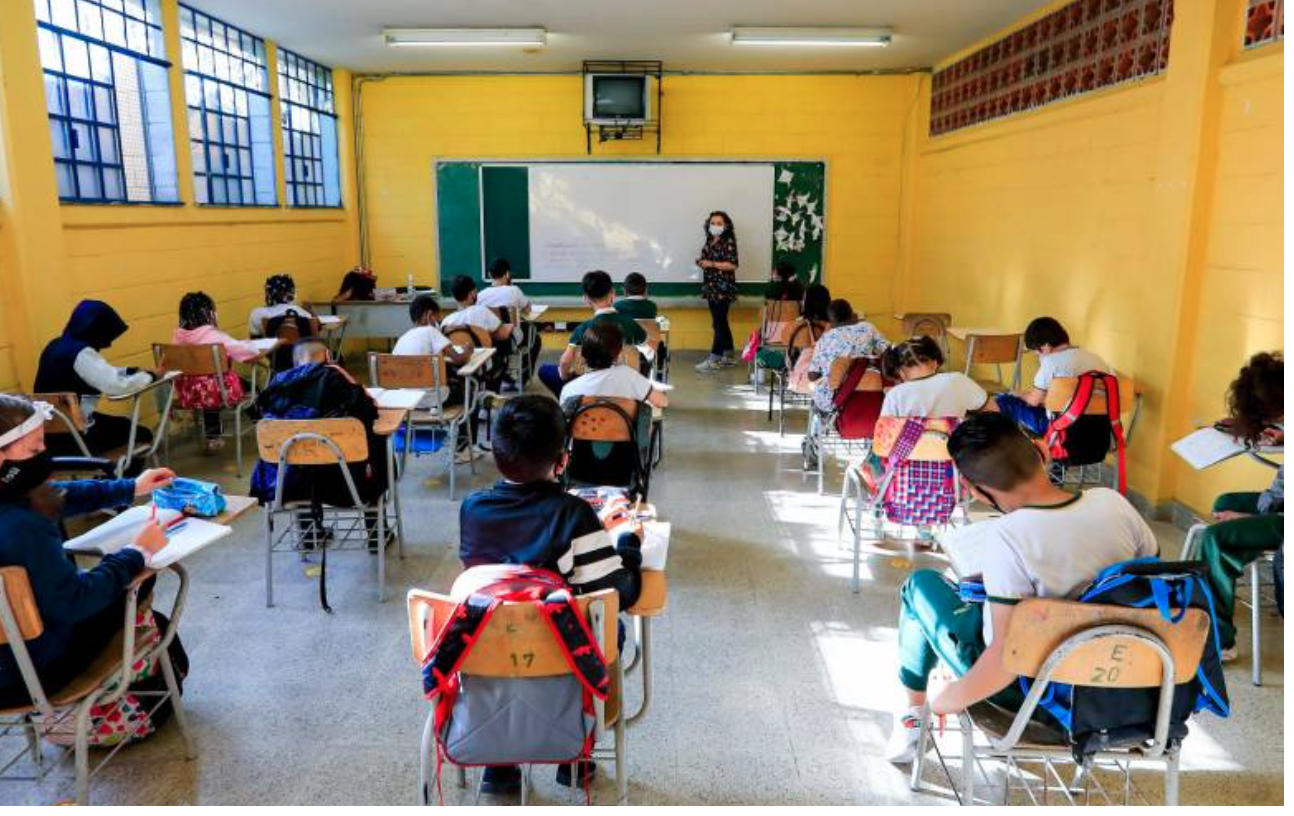
Success Criteria: I can/have...
I can name 13 classroom items in Spanish
* I can understand the difference between the words ‘un’ and ‘una’
* I know the numbers 1-10 in Spanish
* I can give and understand written information about what I have in my school bag
Give opinions about my school subjects
To ask questions about the school day
To compare the school routine in NZ and Spain
To learn new vocabulary about school facilities
Activities:
- Vocabulary
- Translation
- Likes/Dislikes about the subject
-
EXPLORE / TŪHURA learning intentions:
- We are EXPLORING Spanish vocabulary related to food items.
- We are EXPLORING to use appropriate food-related expressions and phrases in conversational situations.
- We are EXPLORING gain cultural awareness by exploring traditional Spanish dishes and dining customs.
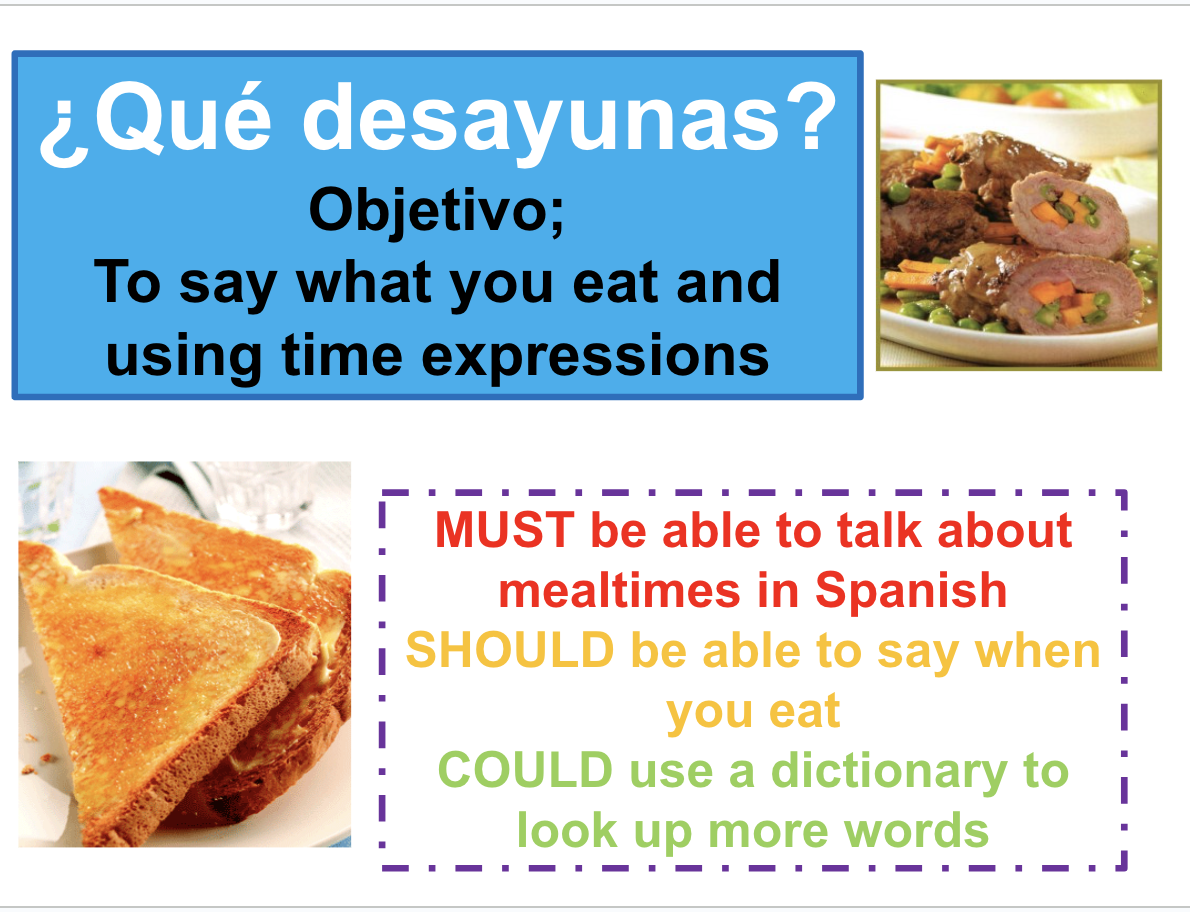
Success Criteria:
- I can say what I eat for each meal of the day
- I have learned and practiced Spanish vocabulary related to food items.
- I can use appropriate food-related expressions and phrases in conversational situations.
- I have developed my listening and speaking skills in Spanish while discussing food preferences and ordering in a restaurant setting.
-
Enter text here...
EXPLORE / TŪHURA learning intentions:
- We are EXPLORING familiar expressions and simple phrases about sports and the Olympics.
- We are EXPLORING to recognize and understand simple texts, instructions, and visuals related to sports.
- We are EXPLORING to write simple written texts and presentations about sports events and athletes.
- We are EXPLORING the cultural significance of sports in Spanish-speaking countries, including the historical and contemporary contexts of major sporting events like the Olympics.
Enter text here...
Learning intention:
We are learning to communicate our likes and dislikes in Sports in Spanish
Success Criteria:
Identify at least five Spanish sports
Describe if you like or dislike a sport
know interesting Spanish customs and traditions
To explain which sports you like to practice
Reflect on your hobbies in Spanish
-
Senior’s Spanish Culture Project
Hola for these weeks we are going to be working on your Assessment 2Assessment Task
Each of you will select a culture topic (listed below or another topic, if approved, in advance) and research the cultural event/activity/group. You will prepare and present an oral report to the class on the researched topic. You may use posters, music, videos, or any other type of visual for the presentation and other items/props can be used to enhance the presentation. For example, food items may be part of the presentation but are NOT required.
When presenting you may use note cards to help remind you of the key points to discuss. The cards are not your script to be read.
This project will be worked on in class as well as outside of class.
Assessment Instructions
Choose a topic from the list provided (if you have a different topic in mind, please ask)
Prepare your cultural presentation using the following suggestions
Check the rubric to ensure you have included the appropriate information.
-
EXPLORE / TŪHURA learning intentions:
- We are EXPLORING Spanish custom of bullfighting festivals.
- We are EXPLORING representation of bullfighting in art, dance and music.
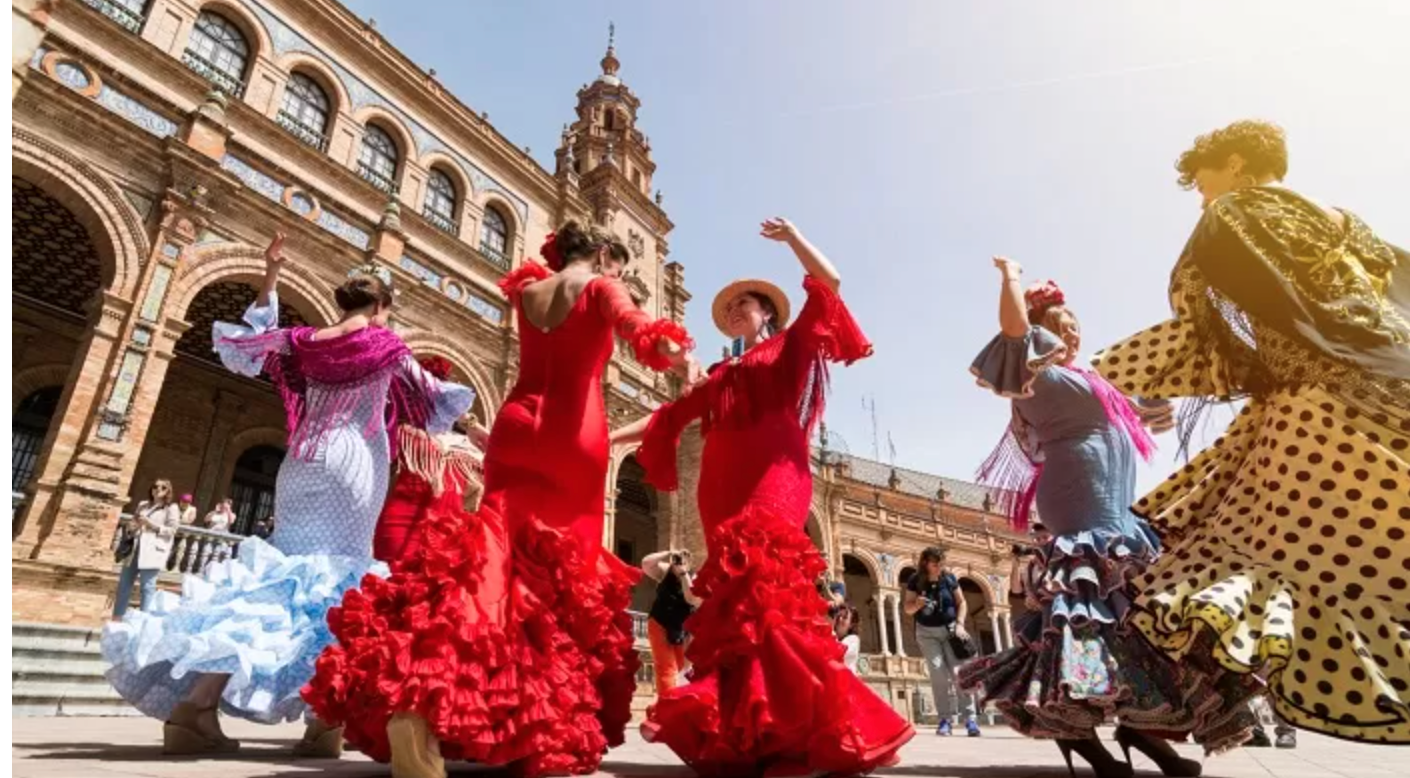
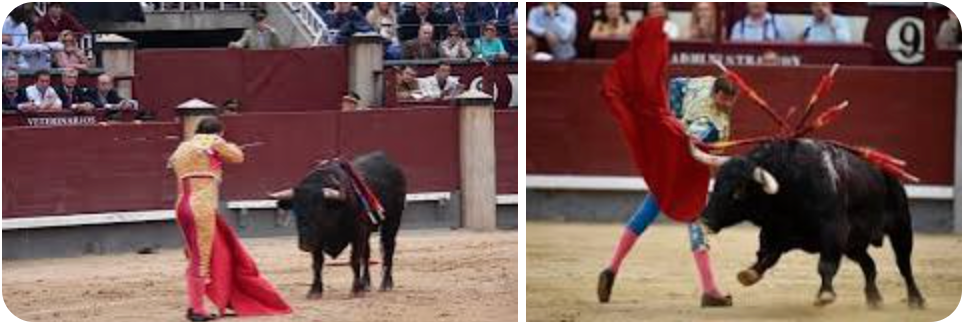
Introduction to Spain
To introduce Spanish cultureActivities
Introduction to bullfighting, watch a video and discuss. (link to literacy)
As a class, re-enact a bullfight.
Find out about the festival of San – Fermin in Pamplona
-
This week we will build our understanding about the celebration El dia de los muertos, and we will focus to distinguish, compare and contrast between Día de los Muertos and Halloween.
Learning Intention:
We are learning to understand of the Mexican celebration of Día de los Muertos.
Success Criteria:
develop an overall understanding of the Mexican holiday, Día de los Muertos, including the history, origins, and significance of this celebration to people of Mexican origin recognize common traditions and activities associated with Día de los Muertos develop an open-mind and respectful attitude towards diverse ethnic groups learn about cultural diversity and multiculturalism in a positive way Activities:
- Comparison with Halloween
- Caption for the images
